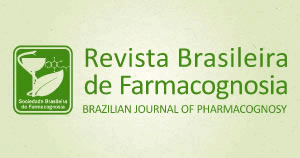The Piper species chemistry has been widely investigated and the phytochemical analyses have led to the isolation of a number of active compounds like alkaloids, terpenes and flavones among others. The aim of this study was to evaluate the leishmanicidal activity of 2-[1-hydroxy-3-phenyl-(Z,2E)-2-propenylidene]-4-methyl-4-cyclopentene-1,3-dione (DCPC), a cyclopentenedione derivative isolated from the roots of Piper carniconnectivum C. DC., Piperaceae. Leishmanicidal activity against Leishmania amazonensis promastigotes was assessed, and the risk to host cell was assessed by measuring the cytotoxicity to peritoneal macrophages from BALB/c mice in vitro. L. amazonensis promastigotes and host macrophages were cultured in the presence of 100, 50, 25, 12.5 and 6 µg/mL of the cyclopentenedione derivative for up to 96 h. At the end of this period, the inhibitory concentrations (IC50) were compared with those from untreated cultures. The IC50 for promastigotes was 4.4 µg/mL after 96 h of treatment with the derivative. The 50% cytotoxic concentration (CC50) against murine peritoneal macrophages was 129 µg/mL. These results indicate that DCPC is a promising molecule for the development of leishmanicidal drugs.
cyclopentenedione; Leishmania amazonensis; leishmanicidal activity; Piper carniconnectivum; Piperaceae




